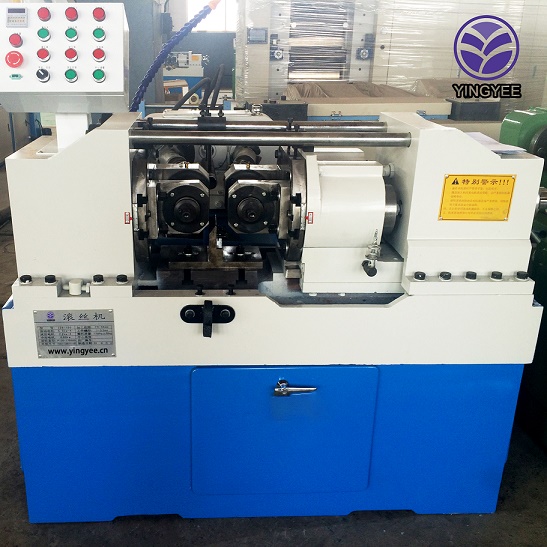
The Evolution of Drywall Manufacturing A Closer Look at Automatic Wall Angle Making Machines
In the realm of construction and interior design, drywall has emerged as a foundational element, offering durability, insulation, and aesthetic appeal. However, the process of manufacturing drywall components, especially wall angles, has traditionally been labor-intensive and time-consuming. The advent of automatic wall angle making machines has revolutionized this industry, streamlining production while ensuring precision and consistency.
Understanding Wall Angles
Wall angles are crucial components in drywall installation, acting as the junction between the wall and the ceiling. They provide structural support, help create a clean finish, and prevent damage at the corners. As such, the quality of wall angles significantly impacts the overall integrity and appearance of drywall installations. Traditionally, these components were cut, shaped, and finished by hand—an arduous process that often led to variations in size and quality.
The Rise of Automation
With advancements in technology, the construction industry began to embrace automation, introducing machines designed specifically for the production of drywall components. Automatic wall angle making machines represent a significant leap forward. These machines are equipped with sophisticated technology that allows them to produce wall angles with remarkable speed and precision.
The key features of these machines include
1. High-Speed Production Automatic wall angle making machines can operate continuously, producing large quantities of wall angles in a fraction of the time required for manual production. This efficiency helps contractors meet tight deadlines and reduce labor costs.
2. Precision Engineering Automated systems ensure that each wall angle is cut and formed to exact specifications. This eliminates inconsistencies associated with manual methods, leading to a higher-quality end product that fits perfectly during installation.

3. Versatility Modern machines can handle various materials and designs, allowing for customization based on project requirements. Whether producing standard or specialty angles, these machines can adapt to different production needs.
4. User-Friendly Interfaces With digital control panels and intuitive programming, operators can easily adjust settings and monitor production. This makes training staff relatively straightforward and reduces the likelihood of operational errors.
Impact on the Industry
The introduction of automatic wall angle making machines has had a profound effect on the drywall industry. For manufacturers, the ability to produce high-quality components quickly has led to increased competitiveness and profitability. For contractors, the reliability and consistency of these products contribute to smoother project execution and enhanced customer satisfaction.
Additionally, the reduction in manual labor has implications for workforce management. While some traditional jobs may be overshadowed by automation, new opportunities arise in machine operation, maintenance, and programming. Skilled technicians are now in demand, ensuring that the transition toward automated systems creates a new set of career paths within the industry.
Sustainable Practices
Furthermore, the integration of technology in wall angle production promotes sustainability. Automated machines optimize material usage, reducing waste, and often incorporate energy-efficient practices. As the construction industry moves toward greener practices, these machines play a critical role in minimizing the environmental impact of construction activities.
Conclusion
The evolution of automatic wall angle making machines signifies a transformative period in drywall manufacturing. By enhancing efficiency, precision, and sustainability, these machines have not only improved the production process but also elevated the standards of quality in construction. As technology continues to advance, it will be exciting to see how the industry adapts and evolves, shaping the future of drywall installation and beyond.